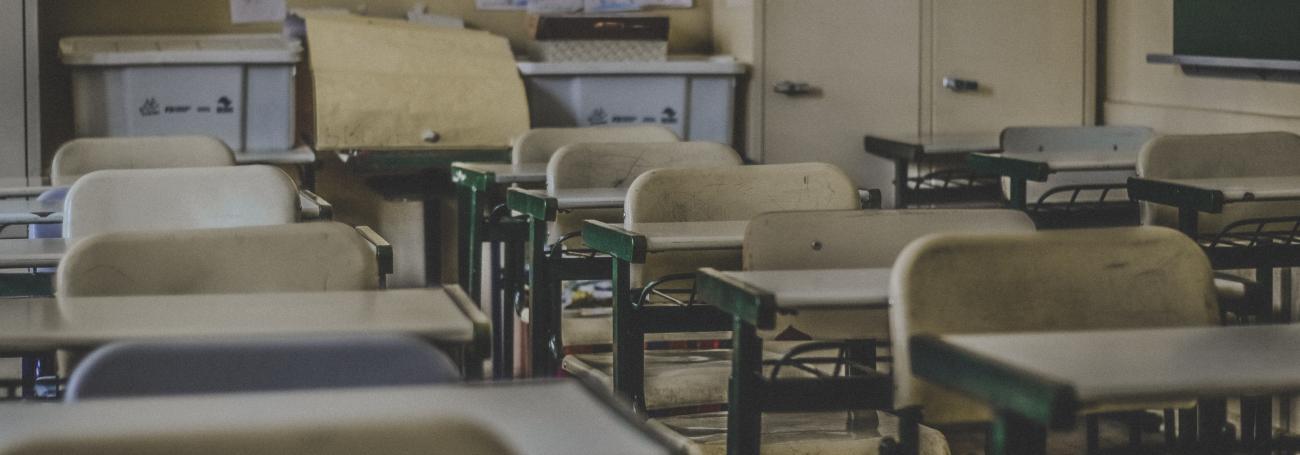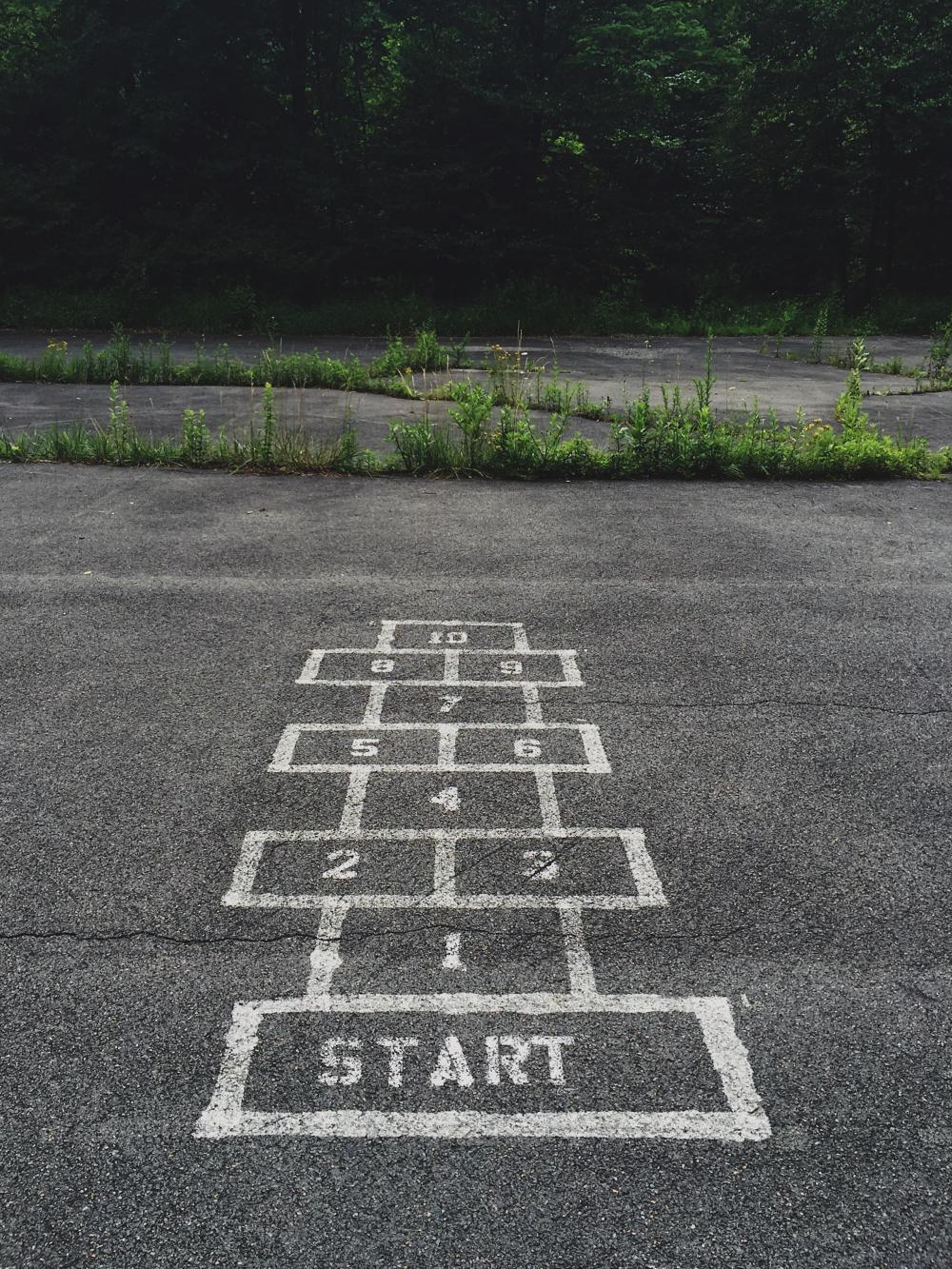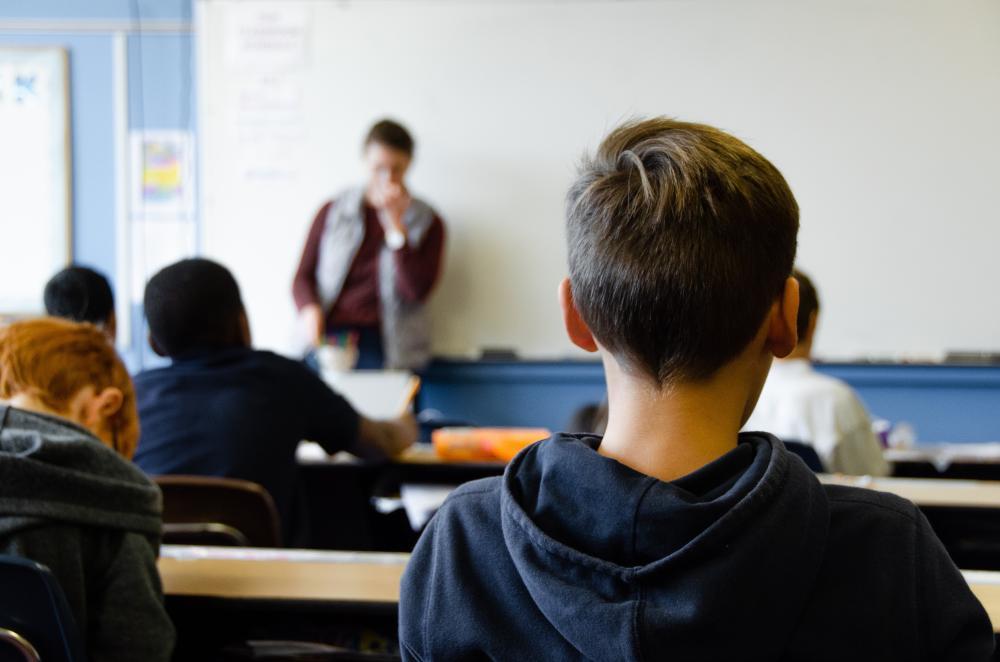

RESTORing Safe and Healthy Schools in the Midst of the Crisis

All over Europe teachers have been doing their best to support their students at home. Some have had to learn on-line skills from scratch, using platforms like Zoom to engage the class either in individual learning or in class sessions. And now many countries are facing the challenge of supporting children and young people as they return to school. Much is being written about the social and emotional challenges these young students are likely to face. There are huge concerns about the mental health of young people who have been affected in all sorts of ways by what is still happening.
Schools face an unprecedented challenge right now: how will they come back together in the school classrooms, corridors and playgrounds in ways that are physically safe and also emotionally and relationally healthy?
This question sparked a collective of UK-based education practitioners and researchers into action. Transforming Conflict’s director Belinda Hopkins has been proud to be part of this RESTORE our Schools collective, working with esteemed restorative colleagues to help with the thinking, planning and the actions that will be needed to help schools and the people within them to heal from what has happened, and to come back together stronger and healthier than before.

RESTORE is a collective of Head Teachers, consultants, researchers and charities working in and with UK schools. We are united in a shared belief in the value of the philosophy and practice of restorative approaches to help schools at this unprecedentedly difficult time.
The RESTORE acronym serves as an anchor to help school leaders plan for the next phase of coming back together as a school community, however that is managed:
Recognition - that everybody will have been affected differently by the pandemic.
Empathy - for the differing ways people are dealing with this extraordinary event.
Safety - both physical and emotional safety will have been threatened and need to be restored.
Trauma - individual and collective trauma will make itself shown and will need help to heal.
Opportunity - to rethink what matters and reshape what we do and how we do it.
Relationships - reconnecting and (re)building inclusive and responsive relationships.
Engagement - in our own health and well-being and with the issues that affect us.
The write-up for each theme includes a definition of the theme, why it particularly matters at this time, and some suggested questions to guide thinking and planning.
We will be adding more practical methods and resources in the coming days and weeks. These resources that we are co-creating are shared freely, for anyone to use as a complete tool or to dip into. Please feel free to share this with any colleagues for whom it may be useful. We actively encourage you to make contact with us via the website to let us know what we might provide that would be of value to you. The details of the people and organisations involved can be found on the RESTORE poster and at the website.
Above all, we hope that when the time is right for schools to re-open, this model can provide a useful contribution to RESTORing safe and healthy schools and communities.

